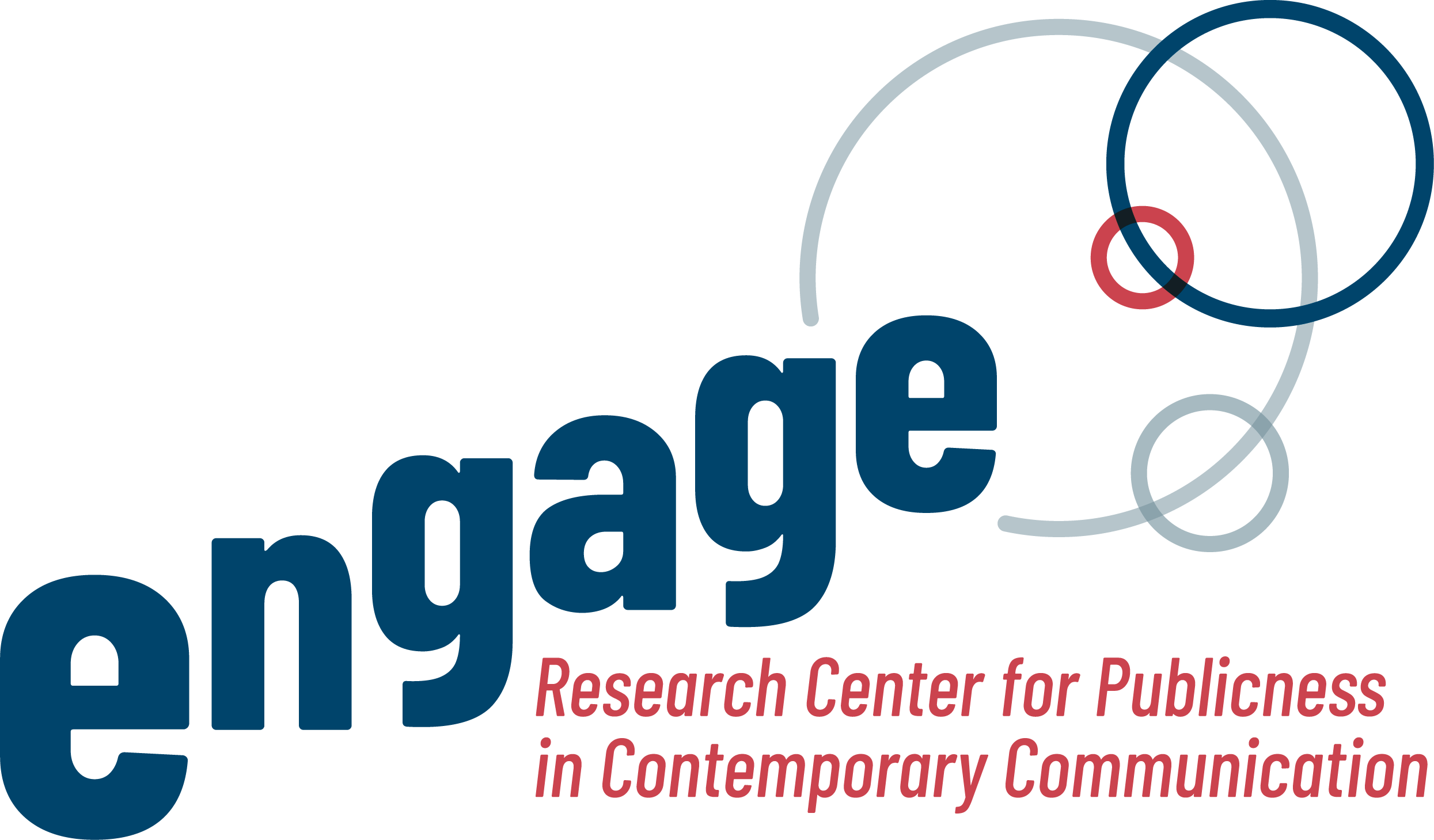Engage researcher
Promoter
Marie Dufrasne (USL-B)
Collaborators
Alain Strowel (UCLouvain), Luc Desaunettes-Barbero (UCLouvain), Jean De Meyere (UCLouvain), Ariana Rossi (UniLu), Gabriele Lenzini (UniLu), Anastasia Sergeeva (UniLu), Yuwai Chuai (UniLu), Huiyun Tang (UniLu)
Website
https://projectremedis.wordpress.com/
Time span of the project
June 1st, 2022 – June 1st, 2026
Keywords
Disinformation, digital platforms, fake news, regulation, media literacy, fact-checking, journalism
Funding
Reasearch project PDR
Fonds de la Recherche Scientifique – FNRS Fonds National de la Recherche Luxembourg FNR
Description
REgulatory and other solutions to MitigatE online DISinformation (REMEDIS) is an interdisciplinary project combining research(ers) in digital law, social science, information and communication, history, and computer science. It aims to provide innovative regulatory frameworks and legally compliant socio-technical solutions to monitor online disinformation and its effects. REMEDIS will investigate these issues by working on specific use cases: post-truth discourses, non-scientific arguments (e.i. no-vax), conspiracy theories (e.i QAnon), astroturfing and disinformation threatening the informational diversity of citizens as well as their integration into society (relationships with political institutions and other citizens).
Research Objectives
With its focus on regulatory solutions, REMEDIS aims to offer new legal and non-legal instruments to better balance the social responsibility of online platforms with the freedom of expression of users. It intends to support a more responsible sharing of online content: for instance, legal frameworks can enhance a responsible use of social media when broadcasting health-related news affecting vulnerable populations; regulatory tools can impose full disclosure of the sources used in medical recommendations. With regards to technical solutions, REMEDIS intends to propose operational definitions of disinformation (e.g., fabricated news, junk science, hoax, etc. and in its distinction from misinformation), in alignment with the regulatory frameworks and in compliance with legal and ethical principles (e.g., freedom of speech, accountability, data protection, transparency, explainability of automated decisions). It will design legally-attentive procedures and protocols to (1) question the origin (including an update of the definition of the notion of “source” and its perceptions) and the integrity of a diversity of news, and (2) build measures and models of its process of disclosure, information flow and reception. It will achieve these goals using both observable public data and, innovatively, encrypted data and metadata.
Advanced cryptographic techniques are in fact available today to process encrypted data, thus enabling privacy protection beyond anonymity and even if data are lost or probed by curious “trusted” parties. Furthermore, in order to provide individuals with user-friendly interfaces to question the veracity of online claims, REMEDIS will develop multiple interface design prototypes through co-design methods and validate these through user studies. Strengthening self-awareness and a critical approach to disinformation is an educational aspect that REMEDIS intends to support also, ultimately, for content-moderation activities and critical media education.
Scientific publication
Chapellier, Daphné. Anne CORDIER et Séverine ERHEL, Les enfants et les écrans. Paris, Éditions RETZ, Mythes et réalités, 2023 , 175 pages.. In: Questions de Communications, (2024). http://hdl.handle.net/2078.1/280046
Scientific communications
Chapellier, Daphné ; Dufrasne, Marie. “Media literacy initiatives in French-speaking Belgium”. REMEDIS research project – Workshop 3. http://hdl.handle.net/2078.3/280448
Chapellier, Daphné ; Dufrasne, Marie. Adopting a multidisciplinary approach – Proposals for joint contributions – Workshop Remedis 2. Adopting a multidisciplinary approach – Proposals for joint contributions. http://hdl.handle.net/2078.3/280439
